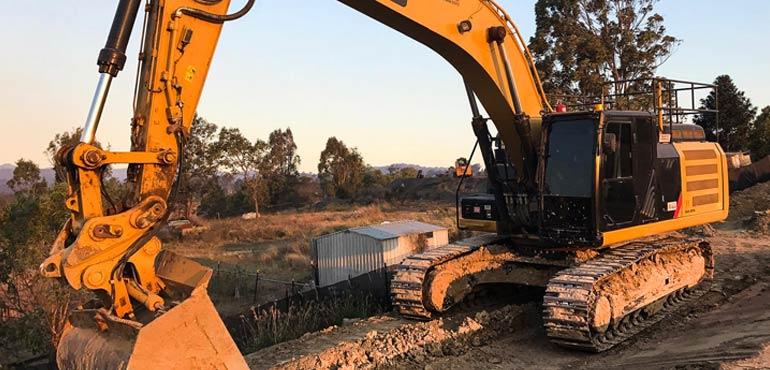
- Home
- Running your business
- Contracts
- Commercial contracts & subcontracts
Commercial contracts and subcontracts
A written contract is required for any agreement between parties (contracts and subcontracts) for commercial building work.
What is a commercial building contract?
The term 'commercial contracts' includes any of the following contracts to carry out or manage commercial building work:
- all contracts for commercial building work between developers, builders and subcontractors
- subcontracts for domestic building work
- contracts involving an owner builder permit holder.
When a written building contract is required
A written contract is required for any agreement between parties (contracts and subcontracts) for commercial building work.
The contract must be in writing within the statutory timeframes. These are:
- contract value over $10,000 - before carrying out the building work starts
- contract value $10,000 or less - before carrying out the building work finishes.
Some small jobs do not need a written contract. The rules depend on the type and value of the work.
A written contract or subcontract is needed for building work:
- of any value where it involves:
- drainage
- plumbing and drainage
- gas fitting
- termite management - chemical
- fire protection
- completed residential building inspection
- building design - low rise, medium rise and open
- site classification
- mechanical services.
- valued over $1,000 where it involves hydraulic services design
- valued over $3,300 for other types of building work (including labour, materials and GST)
The payment protections and obligations in the Building Industry Fairness (Security of Payment) Act 2017 (BIF Act) apply regardless of whether there is a written or oral agreement.
What the contract needs to include
Written commercial building contracts and subcontracts must include:
- scope of the building work
- completion dates of work
- amount to be paid for the work (or the method for calculating this amount)
- any agreement regarding retentions and securities, including length of defects liability period
- name and licence number of the building contractor who is the contracted party for the building contract
- address of the building site
If the contract is not clear or makes provisions inconsistent with BIF Act requirements payment security, the Act provides the following defaults:
- reference dates—the last day of the month the work was carried out
- due dates for payment—10 business days after the payment claim is given.
Top tips for contracts
- By spending a little time preparing and reading over a contract, you could save yourself thousands of dollars and heartache later on.
- Read the fine print carefully—especially if have been given the contract by another party and you are not familiar with it.
- Don’t be afraid to seek legal advice before signing if you have any questions or concerns.
- Confirm all variations in writing before you begin work on them.
- Keep copies of emails, quotes and specifications as well as notes from discussions. These can help in the event of a dispute.
- Avoid verbal contracts as they often lead to disputes and expose you to risk of compliance action and financial loss.
Which contract to use
To comply with the relevant Queensland legislation, you have a few contract options:
- use our commercial subcontract (at present we do not produce a commercial contract)
- use a commercial contract or subcontract developed by a major industry association
- develop your own contract—but you should obtain legal advice to ensure it is compliant.
For use by contractors and their subcontractors to document their commercial building agreements (including subcontracts for residential building work).
This subcontract, which is fair and balanced to both parties, includes all the necessary forms and notices required to implement the building agreement after signing. This single subcontract may be used to record agreements of any value.
Download the contract
Warnings
Warning about using your own contract
If you want to use your own written agreement, it’s essential you get legal advice first. You risk prosecution, fines, or financial loss if you go ahead without first making sure it complies with Queensland legislation.
Warning against using old or interstate subcontracts
You risk breaching Queensland legislation if you use a contract that is out of date or produced in a different jurisdiction state or country.
Contract termination rules
The QBCC strongly recommends that, before signing, contractors seek legal advice regarding the termination clauses of any contract they intend to use for building work. Termination of any contract is a significant step which should not be taken without prior legal advice from an experienced lawyer.
Offence to not put contract in writing
A contractor commits an offence if they don't use a written contract which complies with the requirements of the QBCC Act. QBCC may issue fines, prosecute or take disciplinary action and apply demerit points. This can lead to loss of licence and financial loss for the contractor.

Related resources


